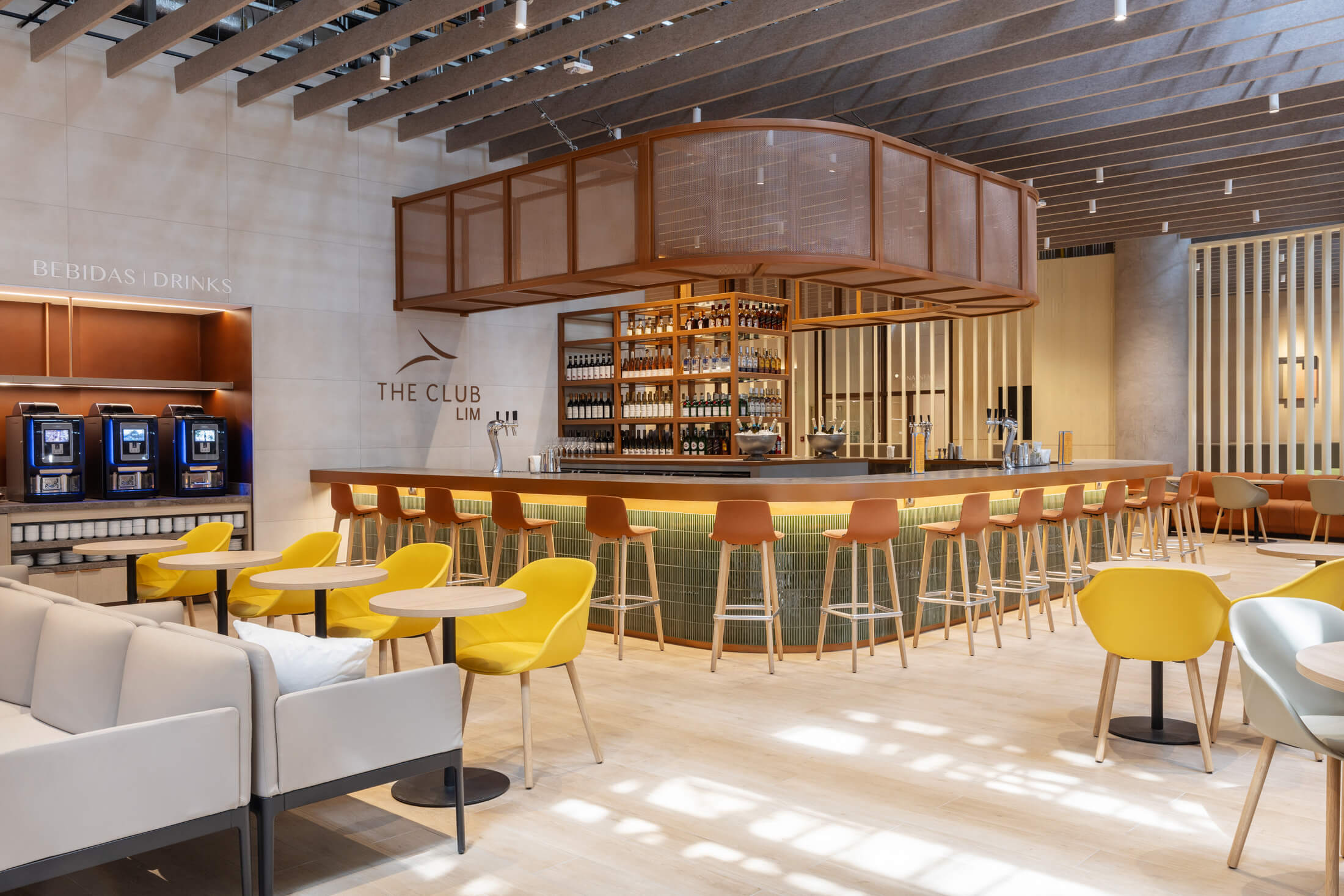From Miles to Money: British Airways Joins the Revenue-Based Loyalty Bandwagon
Members will earn one tier point per pound spent from April 2025 in a move criticized by many loyal customers
January 2, 2025
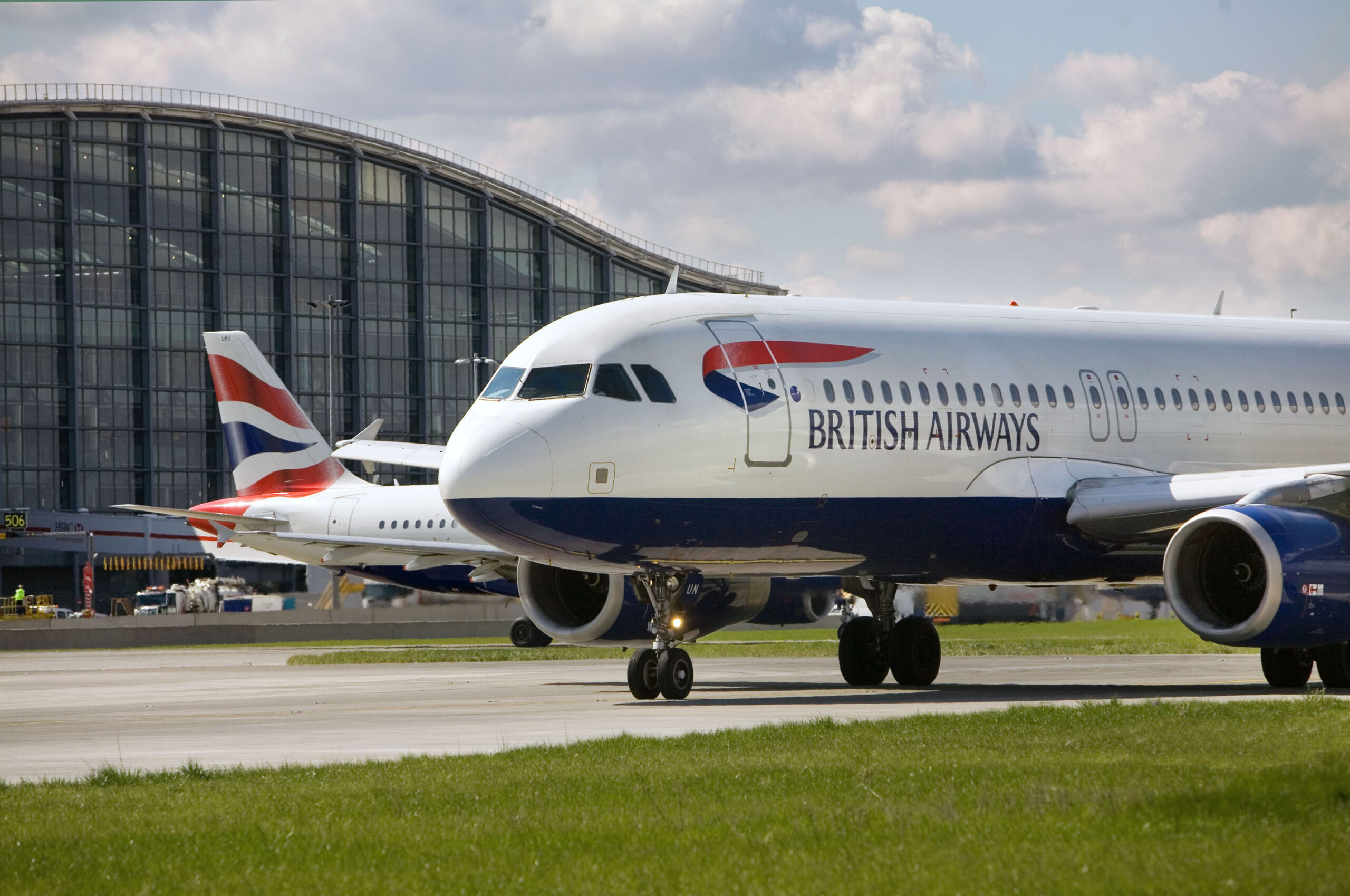
Photo: British Airways, Airbus A320, Heathrow Airport, Terminal 5. Courtesy of BAA Airports Limited.
British Airways has announced massive changes to its loyalty program, transitioning from a miles-based earnings structure to a revenue-based system.
Although this move follows the path of other legacy carriers that have already implemented a revenue-based point accrual, British Airways has chosen a path in which its loyal customers will find it more challenging to achieve top-tier status.
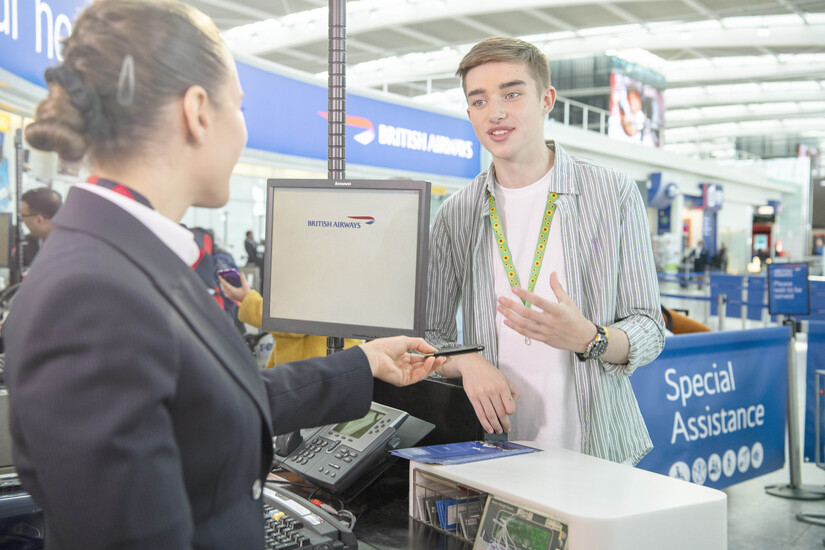
Photo: Courtesy of British Airways
From April 1, the airline’s loyalty program—the British Airways Executive Club—will be rebranded as The British Airways Club.
However, this slight name change is certainly not the most notable overhaul the loyalty scheme is undergoing, as significant changes to the way tier statuses and subsequent benefits are achieved will follow.
No More Mileage Runs
Currently, tier points are rewarded based on the number of miles flown by any member, although more points are awarded to those who fly in premium cabins.
However, from April, travelers will earn points based solely on the money they spend, whether it’s on flight bookings, extra fees such as seat selection and baggage allowances, co-branded credit card spending, contributions to Sustainable Aviation Fuels (SAF), or when purchasing vacation packages through British Airways Holidays. Points will be awarded at a rate of one tier point per GBP 1 (USD 1.24) spent.
The new status thresholds from April 1 will be as follows:
| Tier Level | Requirements |
|---|---|
| Blue | Open to all members |
| Bronze | 3,500 tier points |
| Silver | 7,500 tier points |
| Gold | 20,000 tier points |
| Gold Guest List (New) | 65,000 tier points (at least 52,000 via BA-marketed flights or BA Holidays) |
| Gold Guest List (Renew) | 40,000 tier points (at least 32,000 via BA-marketed flights or BA Holidays) |
What Members Will Get
Members will be rewarded with a wider range of exclusive benefits with each status earned. For example, Blue status members receive free in-flight WiFi and the ability to earn Avios points.
Those who reach Bronze status can select their seats a week ahead of travel and get priority check-in and boarding, while Silver status members get Club lounge access, free seat selections when booking, and an additional baggage allowance of up to 32kg per checked bag.
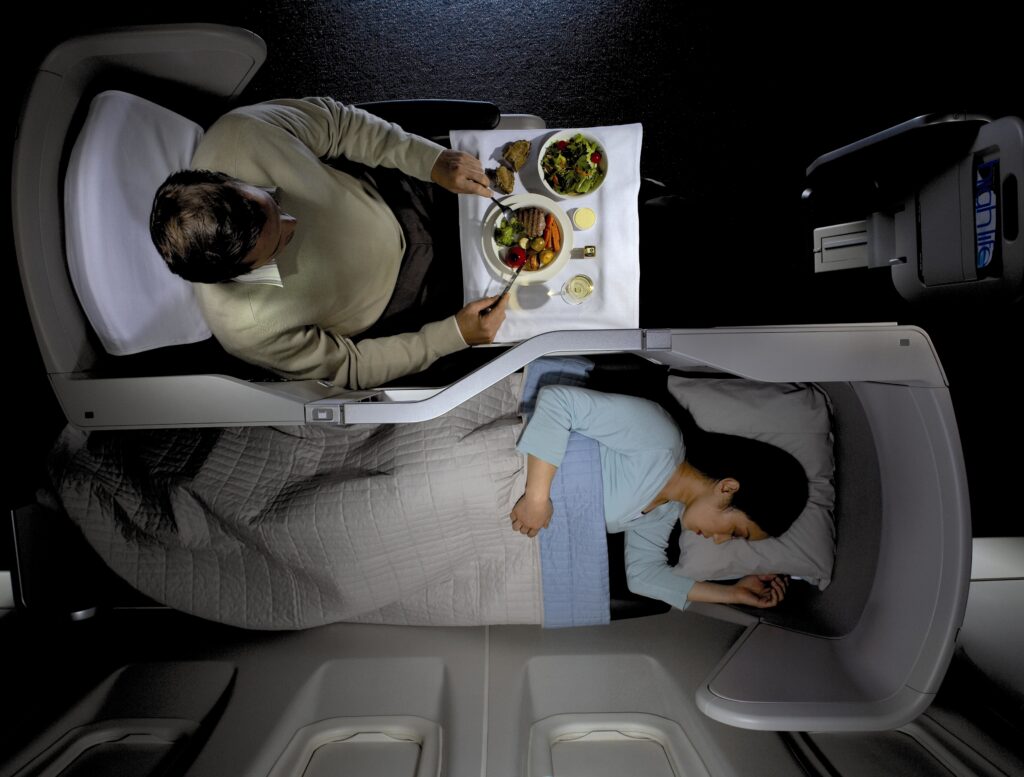
Photo: Courtesy of British Airways
Meanwhile, travelers with Gold status gain direct access to First lounges, exclusive access to seats 1A and 1K when flying First Class, and a dedicated customer service phone line.
Finally, those with Gold Guest List status get additional benefits such as access to the airline’s coveted Concorde Rooms, access to Avios award seats twice per year, the ability to invite extra guests to BA departure lounges, and the chance to gift statuses to up to three different people.
Public Reaction
The switch to a revenue-based tier status has not gone down well with many industry experts and frequent flyers. Experts at Head for Points claim the new structure will make it extremely difficult for members to reach Gold status, let alone Gold Guest List status, and almost impossible for leisure travelers.
According to The Independent, a new member will have to spend an eye-watering £550,000 ($680,243) to achieve Gold status.
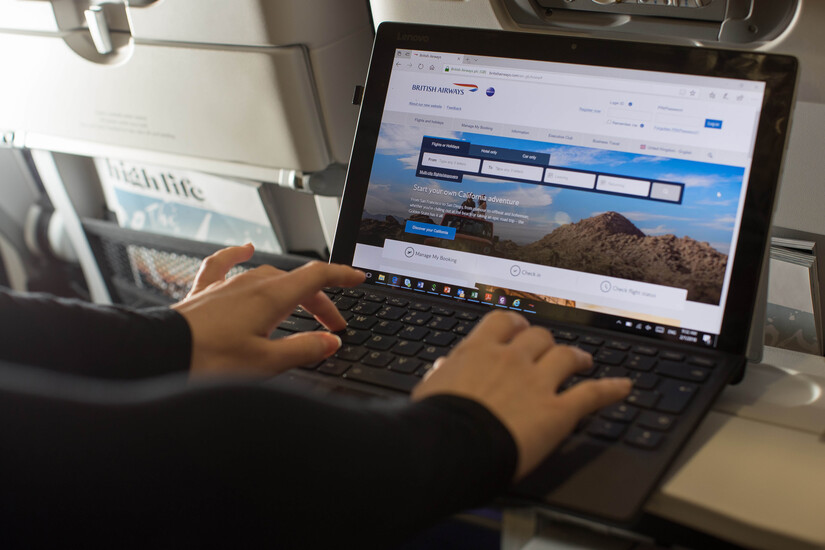
Photo: Courtesy of British Airways
“Realistically, it will now be impossible to earn Gold for small business travelers, economy travelers, or self-funded leisure travelers. Even Silver will be a major stretch,” said Head for Points.
“It will also be virtually impossible for corporate travelers to earn Gold status based on economy travel. This leads to the question of why you’d even want to push for status – if the only people who can earn status are flying in Business Class, they don’t need Silver status anyway as they have the benefits. Gold doesn’t add much on top.”
Others have taken to social media to voice their frustration, with one user on X – Samantha Brown – saying: “Hugely disappointed with the changes British Airways have made to the Exec club today. As a loyal flyer and long-time Gold Card holder, it’s safe to say I’ll be voting with my feet and taking my loyalty to somewhere it will be more appreciated.”
Meanwhile, the founder of Turning Left for Less, Michele Robson, has written an open letter to Sean Doyle, the CEO of British Airways, raising her complaints and a sense of betrayal.
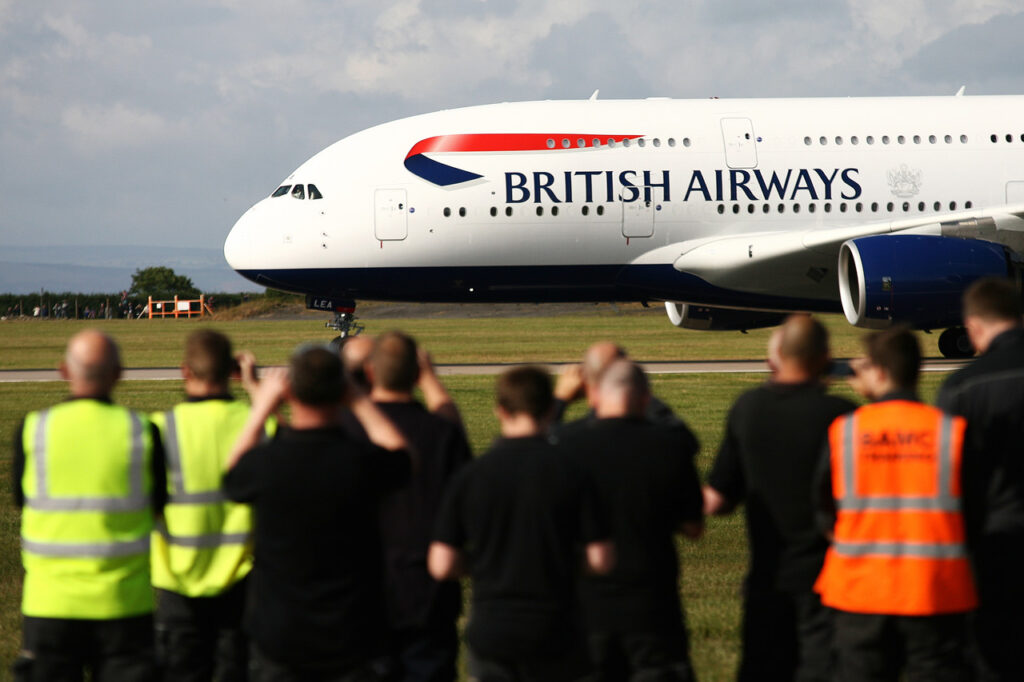
Photo: Airbus A380. Courtesy of British Airways / Nick Morrish
“I’m sure by now you are getting an idea of how your previously loyal customers are feeling about the changes to the Executive Club,” she said. “If you look at the ill-timed ‘Happy New Year’ post from British Airways the day after you decimated the Executive Club, there are over 500 comments on Facebook alone, most of which are extremely negative about the changes.”
Robson added, “The majority of us knew there would be a day when this [move to a spend-based system] would come and accepted that, but we never thought that in one swift blow, you would make the new tier levels so unachievable for most of your loyal members that it would be pointless even trying.”
The Airline Holds Ground
However, while the airline’s upcoming changes to its loyalty program are already being criticized by many, British Airways says its decision is based on customer feedback and will offer better rewards to its most loyal members.
The British carrier also confirmed that any passengers who have already booked flights departing after April 1 will still be rewarded tier points under the current system.
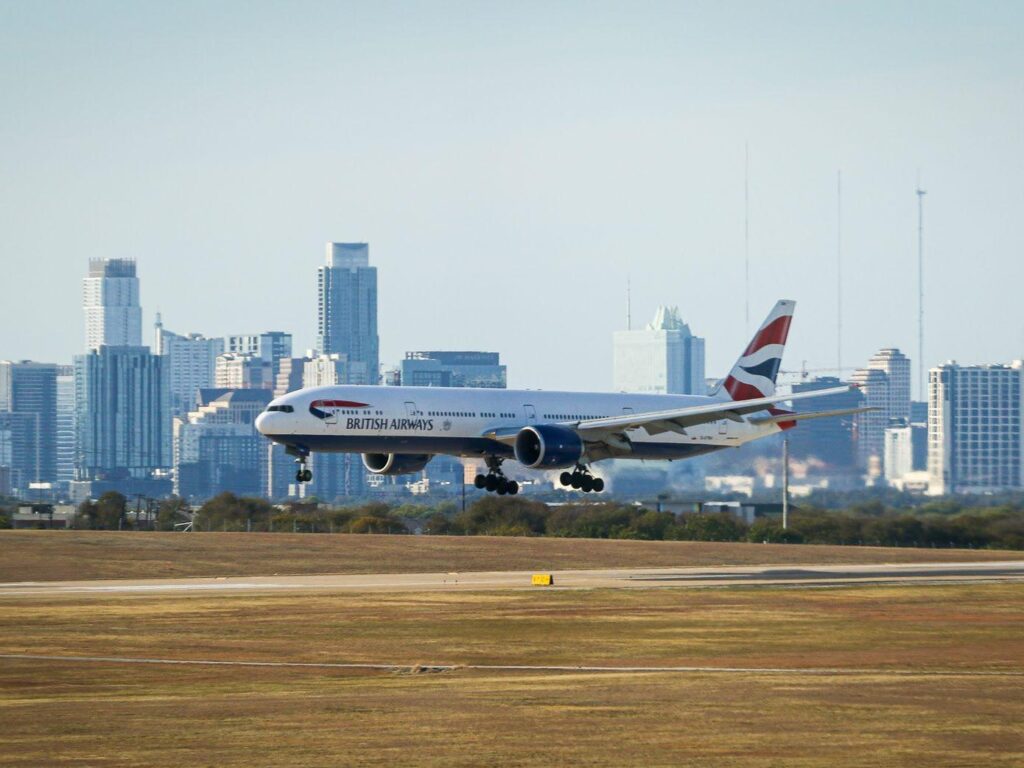
Photo: Courtesy of Austin-Bergstrom International Airport
“The changes we have announced today underline our continued investment in our loyalty program and in our customers,” said Colm Lacy, Chief Commercial Officer at British Airways.
“Based on our Members’ feedback, we’ve built on the changes we’ve already made – including how customers collect Avios and their membership year – in a way that we believe better rewards their loyalty and reflects their changing travel needs.”
“While we have announced a number of positive changes today, I particularly wanted to highlight better rewarding our customers who book through British Airways Holidays and making this a permanent part of our proposition, removing the limit on earning. We know that many of our customers make their holiday plans during our annual January sale period, so it’s great to be able to announce this today.”
What’s Next?
British Airways’ decision to transition its loyalty program to a revenue-based model reflects a broader industry trend toward aligning rewards with passenger spending rather than distance flown. This approach, previously adopted by leading carriers like United (MileagePlus) and Delta (SkyMiles), marks a fundamental shift in how airlines define and reward loyalty.
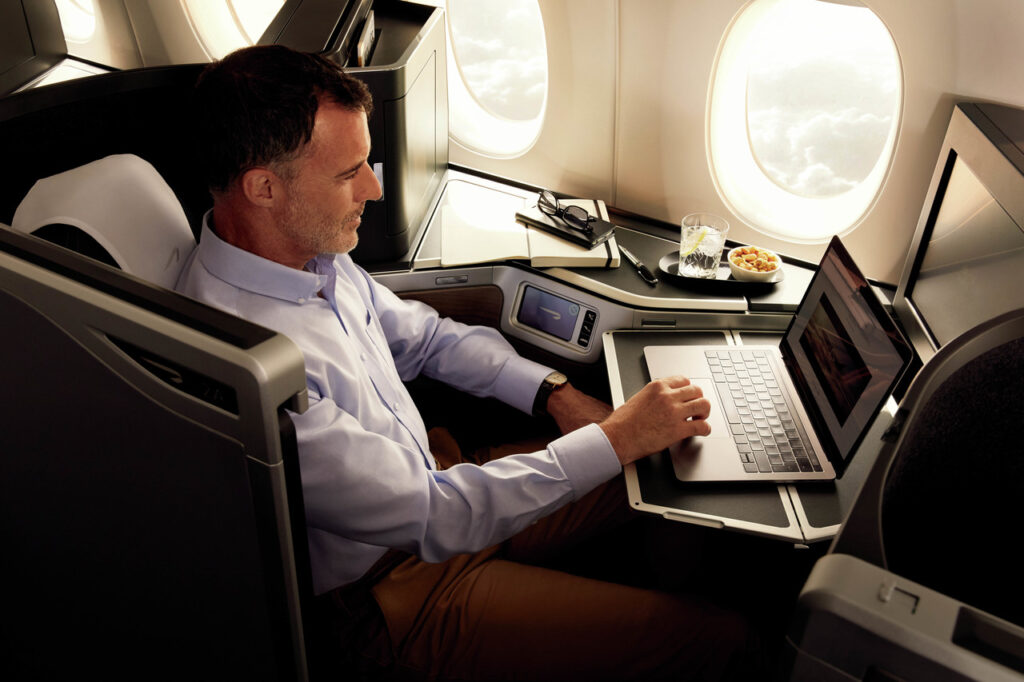
Photo: Club Suite. Courtesy of British Airways
From an economic standpoint, this strategy is logical. High-revenue passengers, particularly those in premium cabins, contribute disproportionately to an airline’s profitability. By prioritizing these customers over frequent flyers who achieve elite status through low-cost fares, British Airways is recalibrating its loyalty program to incentivize its most lucrative clientele. This aligns the loyalty budget with revenue-generating potential, a clear win for the airline’s bottom line.
Yet, this shift is not without controversy. For British Airways, a brand synonymous with tradition and customer loyalty, the move risks alienating its long-standing base of frequent flyers. These changes mirror the backlash Delta faced in the U.S. when it restructured its SkyMiles program to favor revenue over miles flown, sparking widespread criticism and forcing CEO Ed Bastian to issue an apology alongside program revisions.
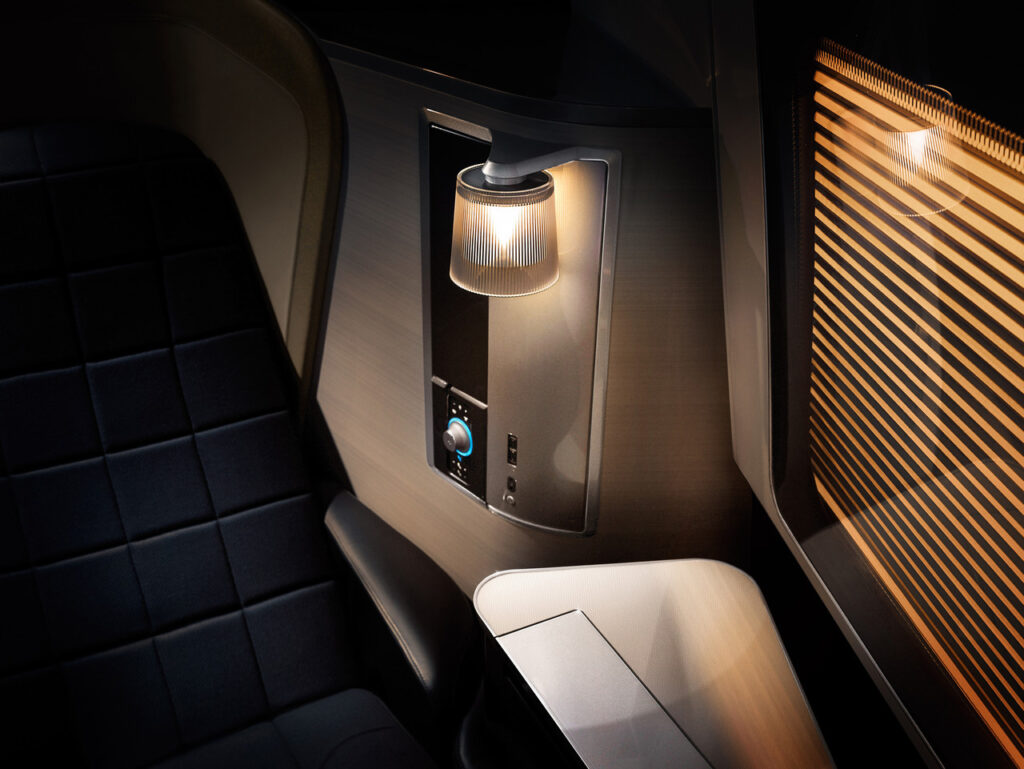
Photo: British Airways First suite with electronic blind, ambient light and job seat control. Courtesy of British Airways / Nick Morrish
Despite British Airways’ assertion that these changes are based on customer feedback, initial reactions suggest a disconnect between the airline’s intentions and customer sentiment.
To preserve the program’s appeal, it will be critical for British Airways to strike a balance—rewarding premium passengers while maintaining tangible value for economy travelers. The airline’s ability to navigate this challenge will determine the long-term success of its loyalty overhaul.
Article written by Fergus Cole and Enrique Perrella



